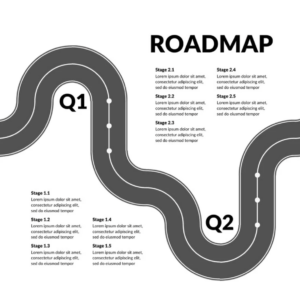In navigating the complex landscape of human interaction, it can be crucial to understand certain aspects of psychology that underpin our decision-making process. One such intriguing concept revolves around the human inclination to avoid admitting personal failure, especially in situations devoid of a scapegoat. When individuals face circumstances where they must acknowledge their own missteps or inadequacies, accepting and aligning with a different perspective can be an uphill battle. However, an interesting twist to this dynamic emerges when a scapegoat is introduced: people are often more likely to shift their views if they have someone or something to blame.
Understanding this psychological pattern can be a valuable tool in persuading others to agree with your standpoint. It emphasizes the need for carefully framing your arguments to redirect attention from personal failure to external factors, thereby creating a space for enhanced receptivity and alignment.
Why does this happen? The human ego often strives to maintain a positive self-image, and admitting failure, particularly when there’s no one else to share the blame, can shatter that image. It’s far easier for individuals to accept their mistakes when they can attribute them, at least in part, to outside factors or individuals. This allows them to safeguard their self-esteem while acknowledging the need for a different approach or solution.
For instance, imagine trying to persuade a business leader that their current marketing strategy isn’t working. A direct approach, such as stating they’ve failed in their efforts, might cause defensiveness and resistance. However, if you attribute the poor performance to changing market trends or a tough competitor’s actions, they’re likely to be more receptive. By shifting the blame from them to an external entity, you’re allowing them space to accept the reality of the situation without feeling personally attacked.
But it’s crucial to use this understanding responsibly and ethically. Manipulating someone into agreeing with you by dishonestly placing blame can lead to distrust and conflict in the long term. Instead, use this approach to present a broader perspective, highlighting various factors contributing to the situation. This way, you provide a comprehensive view of the problem without making individuals feel solely responsible for the failure, paving the way for open discussion and agreement on potential solutions.
Appreciating the subtle dynamics of blame and agreement can be a powerful strategy in persuasion. By shifting focus from personal failure to external influences, you can create a more agreeable environment that encourages acceptance of different viewpoints. Nevertheless, it’s imperative to remember the ethical implications of this approach, ensuring it’s used to promote understanding and effective solutions, rather than as a tool for manipulation.








